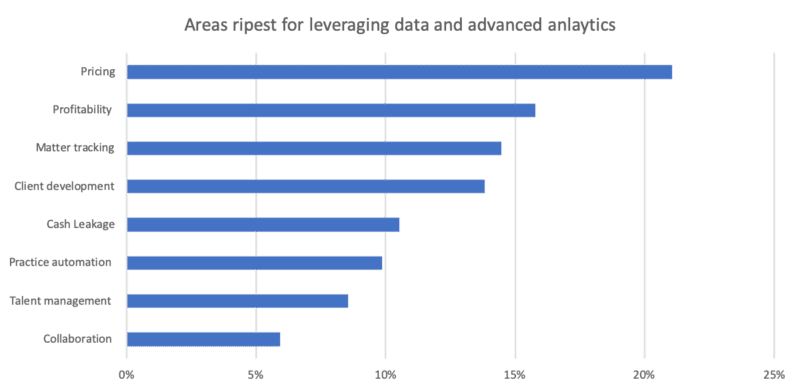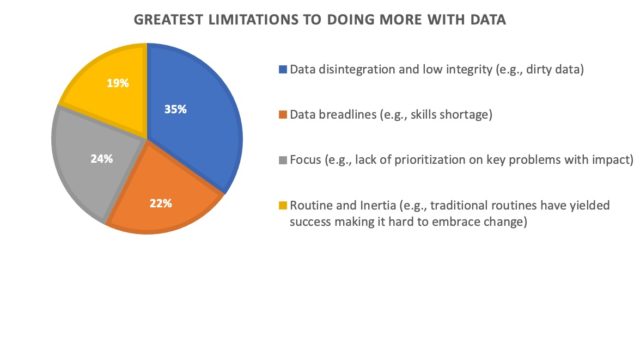Data science is a buzz word in nearly all industries. While skill sets vary and the needs of the industry differ, the underlying idea remains: where data exists, opportunity lies to solve business problems and the application of data science can help get you there. From process automation to leveraging machine learning to codify data, to regression analysis to predict the next big sale, these are all popular data science applications.

Say hello to the Legal Data Scientist
According to the report on the Rise of the Legal Data Scientist done in collaboration with Intapp and LawVision, a majority of data scientists entered the legal scene within the last 2 years. In this timeframe, we’ve seen the explosion of data oriented titles such as chief data or analytics officer as well as the hiring of data scientists and analysts alike. So what are they responsible for?
During a recent webinar, The Rise of the Legal Data Scientist, we discussed the opportunity that lies ahead for data science in legal. A live poll surveying approximately 150 webinar attendees illuminated the prospect. It seems very natural that the most popular application of data science is pricing, given the growing need within firms and the promise that data science has provided within other industries in this area. It goes hand-in-hand with profitability and matter tracking, the next 2 largest proportions of ripest application.

Data science helps with profitability and client development
Looking at it holistically, the ability to track a matter as it progresses, to understand the phases and tasks involved, and to alert issues as they come up only aids in a firm’s ability to ensure a profitable matter and to price more accurately. It doesn’t stop there though, as the idea of data science in client development is an area legal can learn a lot from other industries, especially when it comes to predicting risk, retention, and white space.
Limitations to effective data science
While the opportunity is bright, it is no surprise there are road blocks. The biggest violator according to the live poll being none other than dirty data and lack of prioritization on key problems with impact.

While the idea of dirty data is daunting, it isn’t a problem that just plagues the legal world. There is a lot to be learned from other industries when it comes to leveraging data science to clean data and plenty of methodologies to get around even the dirtiest of messes. And even though data cleansing isn’t the most glamorous of practices, it is the underpinning of a successful project. The issue of focus (i.e. lack of prioritization on key problems with impact) is a bit more convoluted. The application of data science is not just about data. It is about people and process just as much as data.

Gleanings from other industries
Leaning on other industries, the legal sector can learn a lot but there are nuances within legal that cannot be ignored. The bottom line is, data is a competitive advantage. While the legal market is early in its maturity around data science, it is worth the fight for cleaning up dirty data and collaborating across multiple owners. Healthcare, hospitality, airlines and software sales are just a few examples of industries with a strong ROI behind the data investment.
While a data scientist might be needed for the more sophisticated applications, there are analysts at the firm who know the data and with training may possess the skills necessary to help. As highlighted by the opportunities, there are multiple entry points to begin and technologies to help get you there. But in the end, culture and people are at the center. The recent research and case studies around the application of data science suggest that with clear alignment, the opportunities that exists are possible and help to extinguish the limitations.
Learn more about the applications of data science for law firms at this year’s ILTACON. Intapp experts will be on-site at booth # 1211 for live questions & answers, demos and education sessions.